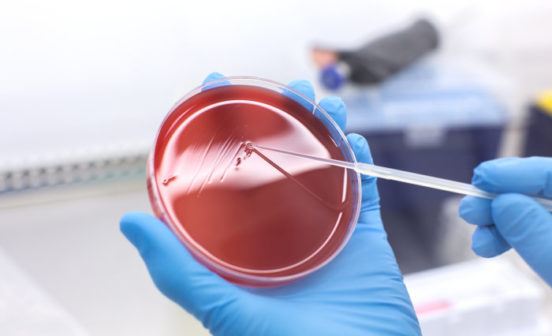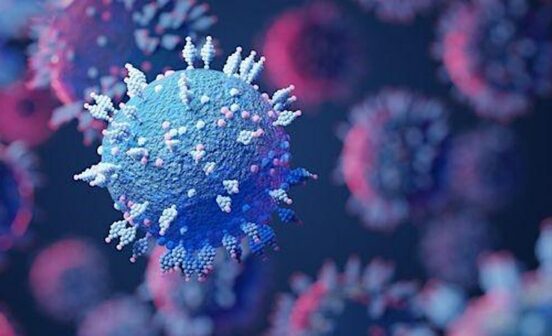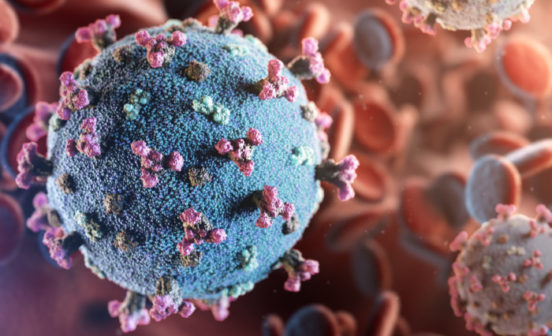Improved OutcomesPolicy InfluenceService Delivery Changes Faecal transplants to help tackle antimicrobial resistance

Clostridioides difficile (C-diff) is a bacterial infection causing diarrhoea and commonly associated with healthcare settings. With antimicrobial resistance (AMR) considered a significant global threat cases are increasing, with around 15,000 in the UK in 2023. Some patients, who are often immune-compromised, experience recurrent infection and become very unwell with aggressive C-diff that is not treated by standard antibiotics. A faecal microbiota transplant has a more than 90% success rate in treating these patients by putting bacteria from a healthy person’s faeces into their gut to improve the variety of bacteria and fight the infection. Cost saving could range from £3,369 to £13,134.
In 2015 and with support from the NIHR Imperial BRC, an FMT service was established at Imperial College Healthcare NHS Trust, becoming one of three major NHS providers. In the last five years, the BRC-supported team have been exploring FMT to treat other types of antibiotic resistant bacteria and led the development of updated guidelines for the use of FMT to account for these situations, where other treatment options are limited. Recent work has focused on patients with resistant bacterial infections of the blood or bladder which are preventing them from receiving transplants and for treating liver diseases.
Faecal microbiota transplantation: effective treatment of gut infections





